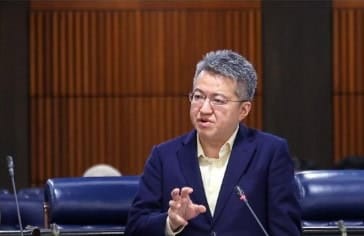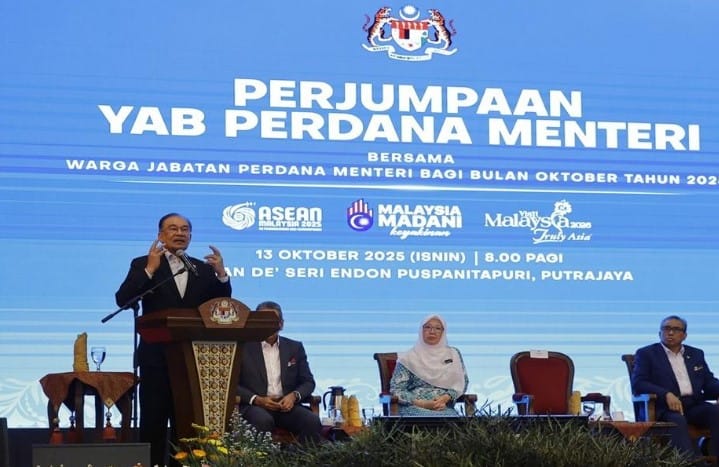
KUALA LUMPUR, May 4 — The government should consider implementing a windfall tax on industries that benefit greatly from the COVID-19 crisis, according to Khazanah Research Institute senior advisor Professor Dr Jomo Kwame Sundaram.
“This is precisely the time when you must reform taxes, as you have it (windfall tax) all the time amid extraordinarily high petroleum prices or palm oil prices.
“Why not for other types of industries?” the prominent economist said at a panel discussion held in conjunction with the World Bank Group’s webinar titled “Aiming High: Promoting Inclusion and Financing Shared Prosperity” today.
Asked when is the right time to re-introduce the Goods and Services Tax (GST), Jomo opined that now is the best time to introduce taxes that do not generate revenue immediately, as many were badly impacted by the pandemic.
“As far as tax reforms are concerned, in a situation like this, it is the best time to introduce taxes which do not generate revenue immediately.

“You do not generate revenue from taxes in the middle of a crisis,” he said.
The Finance Ministry told the Dewan Negara in December last year that the government had no plans to impose a windfall profit levy on rubber glove manufacturers which had been enjoying supernormal profits from the higher demand and selling price of rubber gloves worldwide, nor to other businesses that have profited greatly due to the pandemic.
Responding to the same question, Institute of Malaysian and International Studies research fellow, Muhammed Abdul Khalid pointed out that policymakers tend to ignore the imposition of capital gains tax from the GST when it comes to the issue of tax reform.
“Taxes must be fair… and we never talk about the urgency of imposing capital gains tax, maybe because it is going to affect the very well-off in Malaysia,” he said.
Nevertheless, Muhammed said, the most important thing is to ensure good governance and to make sure taxpayers’ money is used well by the authorities.
Meanwhile, touching on the current taxation framework, Bank Negara Malaysia assistant governor Norhana Endut noted that the government’s tax collection capacity has not kept pace with the economic growth.
“Malaysia’s tax policy, or tax to Gross Domestic Product ratio, has been on a steady decline over the medium term. It fell to 12 per cent in 2019 from 15.6 per cent in 2012,” she said.
Norhana noted that Malaysia’s individual income tax also continues to come from a narrow pool of taxpayers.
For instance, she said that in 2018, among the labour force of 15 million people, only 2.5 million were taxpayers.
“With this, expanding the tax base should be a priority over the medium term,” she said, adding that the existing tax incentives and exemptions should be reviewed on a regular basis, as some of them are outdated and ineffective.
On plans to introduce new taxes, Norhana said the new taxes should be efficient, simple, fair and progressive with an effective re-channelling mechanism, as well as enhance the productivity of the economy.
— BERNAMA





More Stories
Nation Recovers RM15.5 Billion Of Its Revenue, War Against Corruption And Cartels To Go On – Anwar
Budget 2026 Reflects Govt’s Commitment To Integrity, Curbing Leakages – Azam
Dewan Negara Passes Five Bills Including Legal Aid And Public Defence 2025